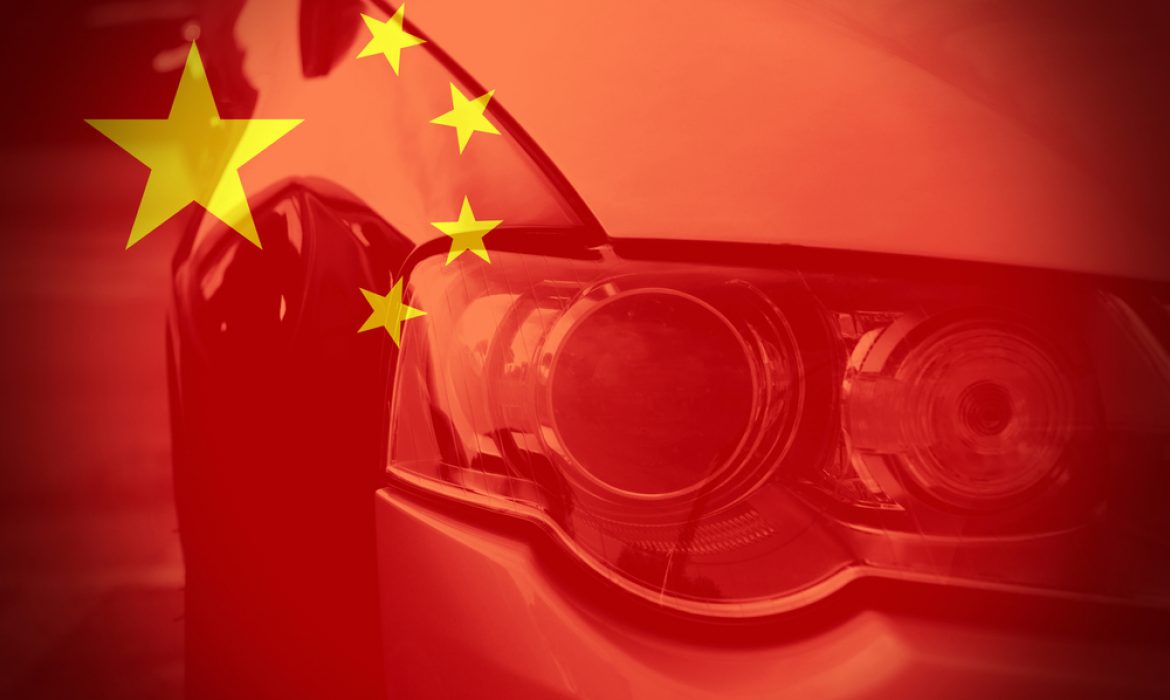In a bold move, European Commission President Ursula von der Leyen has announced an “anti-subsidy investigation into electric cars from China,” marking a significant chapter in global trade dynamics. The rise of Chinese electric cars, exemplified by brands like MG, BYD, and Nio, has sent ripples through the European automotive industry, which contributes over 6% to the EU’s employment.
This inquiry, spurred by concerns about the impact of Chinese electric cars on Europe’s economy, particularly its automobile sector, has raised questions and concerns. China’s electric vehicles have flooded world markets, their prices artificially lowered by substantial government subsidies, raising fears of unfair competition.
If the investigation reveals an unfair advantage, European officials might impose higher import duties on Chinese electric cars. However, this move is not without complexity. Many European automakers have significant investments in China, with joint ventures between European and Chinese companies forming a substantial part of China’s electric car exports. Consequently, imposing tariffs on Chinese cars could indirectly affect European brands deeply rooted in the Chinese market.
Moreover, this investigation signifies a political turning point. Europe, traditionally more lenient toward Chinese companies than the US, is now adopting a more assertive stance, reflecting a shift in political sentiment toward China.
Interestingly, this development might serve as an invitation for Chinese companies to establish production facilities within European countries. Some Chinese firms are already exploring the possibility of building factories in Europe, not only showcasing their commitment to local employment and taxation but also strategically maneuvering to evade potential tariff fluctuations.
The investigation into Chinese electric cars represents more than just a regulatory measure; it’s a strategic move in the complex game of global economics, where the outcome could reshape the dynamics of the automotive industry and set the tone for future international trade relations. As Europe makes its move, the chessboard of global commerce becomes even more intricate, with consequences that stretch far beyond the realms of mere tariffs and subsidies. It’s a pivotal moment in the world of business and geopolitics, one that could redefine the rules of engagement for years to come.


